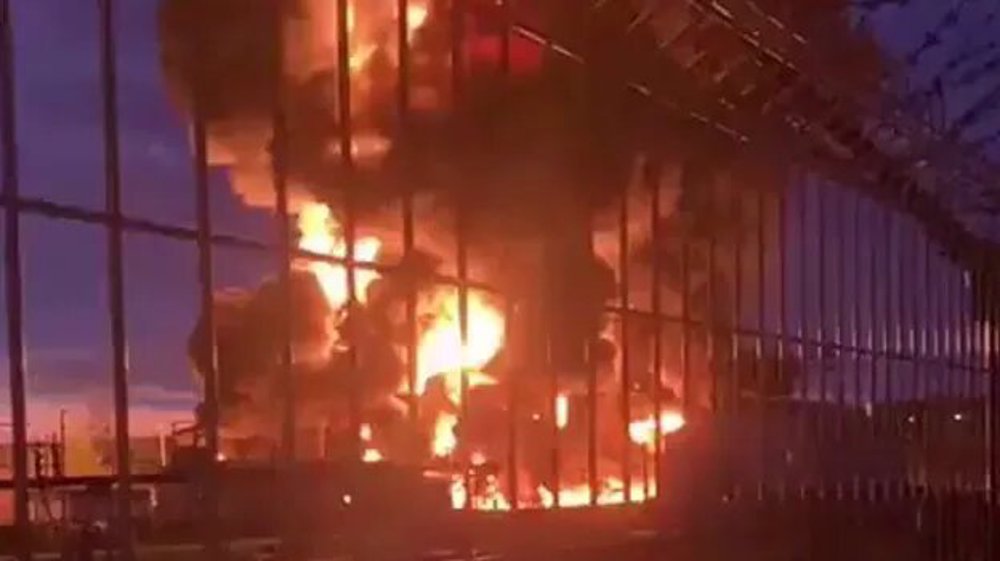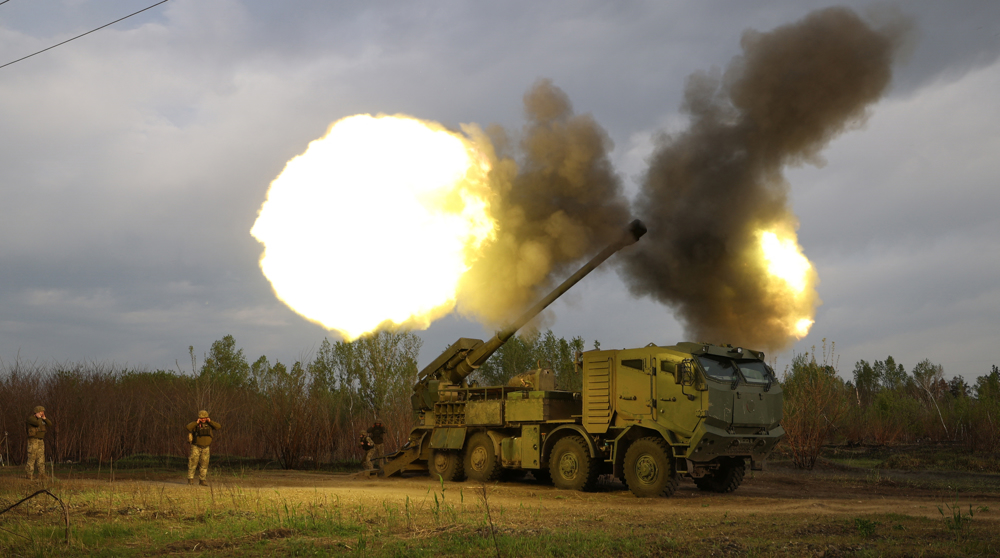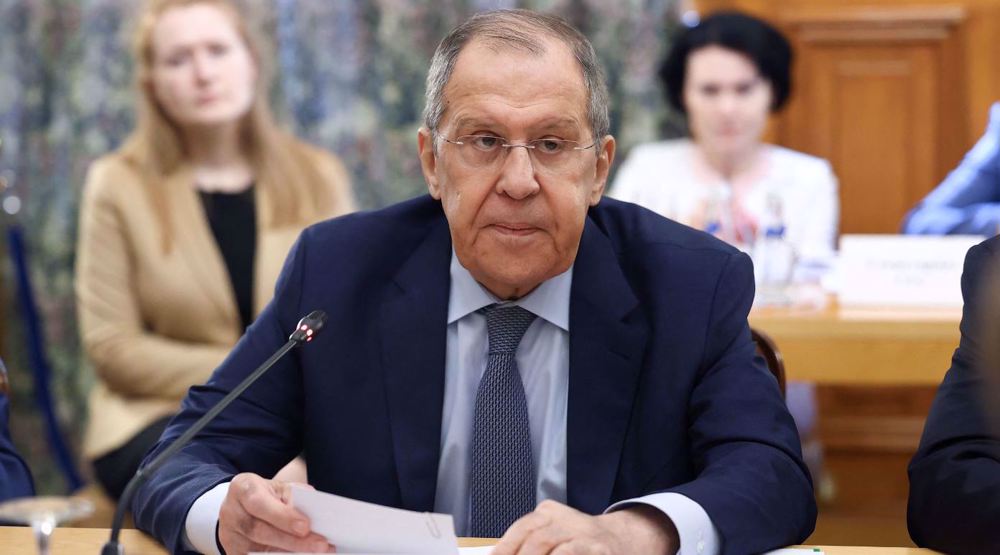Moscow slams UK sanctions plan against Russian companies, vows retaliation if necessary
Moscow has denounced a plan by the United Kingdom to target Russian companies with sanctions in order to deter what London claims to be a potential invasion of Ukraine by Russia, vowing that the Kremlin will retaliate if necessary.
British Foreign Secretary Liz Truss on Sunday said London would unveil new sanctions legislation to broaden the UK’s scope of sanctions in an attempt to target “any company of interest to the Kremlin and the regime in Russia.”
“What the legislation enables us to do is hit a much wider variety of targets. So there can be nobody who thinks that they will be immune to those sanctions,” Truss said at the time, as she is due to visit both Ukraine and Russia in the next two weeks.
On Monday, Moscow hit back at Truss’s threat, with Kremlin spokesman Dmitry Peskov slamming the remark as a “worrying statement” issued from the government of the NATO member UK.
“This is a very worrying statement from London, not only for our companies. This demonstrates a fair amount of unpredictability on the part of London and is a cause for serious concern for international financial structures,” he said, lambasting the threat as an “undisguised attack on business.”
“In this case, we are speaking about a bald attack on business. Let's don't forget that many Russian companies have large British companies as strategic partners and co-investors or stockholders. So, in fact, the British Cabinet of Ministers is threatening its own big business, among other things. The Anglo-Saxons are massively ramping up tensions on the European continent,” Peskov went on to say.
Russia and NATO have recently been at odds over the thorny issue of Ukraine. Western countries accuse Russia of preparing for an invasion of Ukraine by massing 100,000 troops and armaments near the border with that country. Rejecting the allegation, Moscow says the troop build-up is defensive as NATO has increased its activity near Russian borders.
Even Ukraine’s President Volodymyr Zelensky has just recently called on his Western allies to avoid stirring “panic” with their repeated claims that Russia could invade Ukraine at any moment.
In December, the Russian government asked the Western military alliance to deny Ukraine’s membership at NATO and roll back its military deployments, demanding legally binding guarantees from NATO that it will halt its eastward expansion and return to its 1997 borders. Moscow also proposed that the US not establish any military bases in the former Soviet states that are not part of NATO, and not develop a bilateral military alliance with them. Washington has rejected the proposals as “non-starters.”
Rejecting Russia’s demand to bar Ukraine from NATO, Washington, in coordination with NATO allies, gave Moscow “a serious diplomatic path forward, should Russia choose” to resolve the Ukraine crisis. However, the so-called “diplomatic path” by the US did not initially impress Russia, with Russian President Vladimir Putin saying that the West's response to Moscow's security demands did not take into account the Kremlin's key concerns over Ukraine.
The US, Britain and the European Union (EU) have already threatened to impose a range of harsh financial and economic sanctions on Russia in case of launching a major attack on Ukraine. European nations rely on natural gas from Russia, and several US allies, notably Germany, prefer that Washington refrain from disrupting the Russian energy industry.
British Prime Minister Boris Johnson said on Saturday that the UK is preparing to offer NATO a “major” deployment of troops, weapons, warships and jets in Europe.
Elsewhere in his comments on Monday, Peskov said the Kremlin would respond with “retaliatory measures” if Russian companies are targeted. “These measures will be based on our own interests,” he added, without giving further details. Peskov also said Putin would respond to the US and NATO “as soon as he considers it necessary.”
Relations between Ukraine and Russia have been deteriorating since 2014, when the then Ukrainian territory of Crimea voted in a referendum to fall under Russian sovereignty. The US and the European Union backed Kiev, refusing to recognize the referendum results and later imposing sanctions on Moscow.
Ukraine as well as the EU and the US also claim that Russia has a hand in an ongoing conflict that erupted in the Donbass region of Ukraine between government forces and ethnic Russians in 2014. The West imposed sanctions on Russia after accusing it of interfering in the conflict. Moscow denies the allegation.
Gaza faces imminent famine as people starving to death: UN warns
North Korea to stand up to sanctions, bolster military power: Official
Hezbollah says 2,000 Israeli forces killed, injured in operations since Gaza war began
War of wills: Iran army chief vows crushing response to any aggression
April 24: ‘Axis of Resistance’ operations against Israeli occupation
Tabas sand defeats US military
'US secretly sent long-range ATACMS missiles to Ukraine in recent weeks'
Iran: Awakened world public opinion determined to stop Israel war crimes












 This makes it easy to access the Press TV website
This makes it easy to access the Press TV website